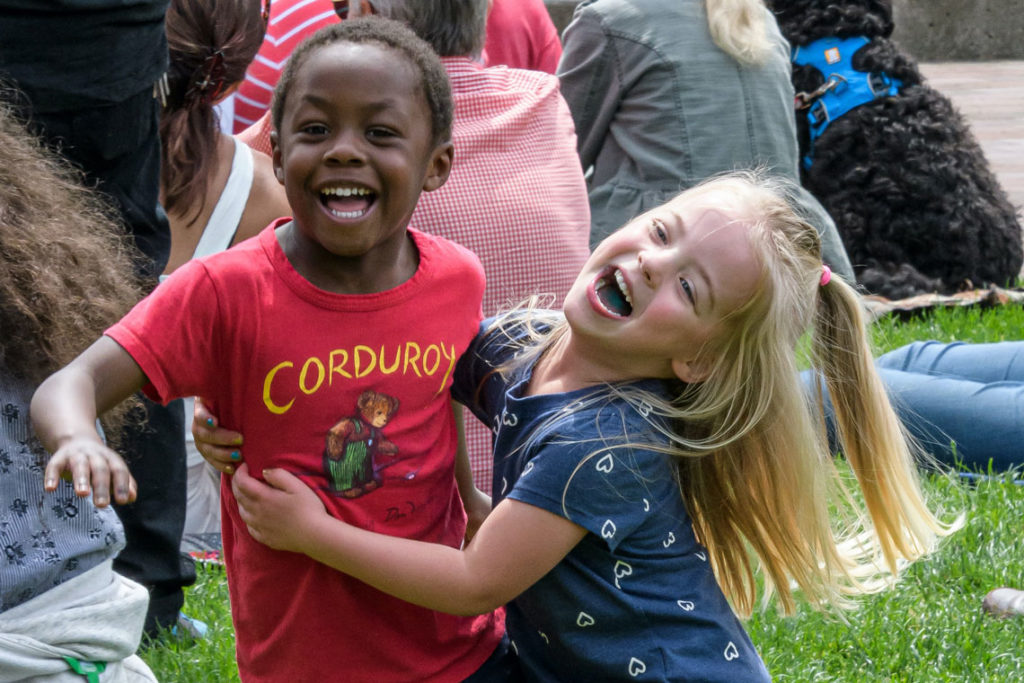
“Just as birds fly and fish swim, children play” (Landreth, 2002)
We all know that children love to play but did you know that it’s not just a pleasurable activity for them. It’s a vital part of how they grow and develop.
Play is an integrating mechanism. Play organises a child’s thinking, feelings, relationships and physical body, so that everything comes together to support development and learning. The UN Convention of Children’s rights has marked play as a universal right of children in supporting their development.
The benefits of play involve supporting a child’s growth across four areas – social, emotional, cognitive and physical development.
![]()
- Social development
Children acquire social skills with others by listening, paying attention and sharing play experiences.
Play supports children to explore their feelings, develop self-discipline and learn how to express themselves.
It increases their ability to learn problem solving skills, negotiation and conflict resolution.
- Emotional development
Playing fosters positive emotions and supports the growth of resilience.
Play experiences reduce stress in children and help them make sense of their bigger feelings.
- Cognitive development
Engaging in play activities encourages children to develop language and communication skills.
When children are given the opportunity to choose their own play activities, they can express their choices in words and converse freely.
They learn how to make decisions and make choices, building their confidence and self-esteem.
- Physical development
Engaging in physical play activities can support the development of balance, co-ordination, fine and gross motor skills.
As the child is using energy while engaging in physical play, it also promotes a better sleeping and eating pattern.
Playing with your child can foster a positive attachment and strengthen your bond. It can support your child to learn new skills and help you learn more about them.
Here are some examples of play activities under the following headings:
Social Development: Any card games
Emotional Development: Making dens, a castle or a pirate ship from duvets, cushions, chairs and or cardboard boxes.
Cognitive Development: Jigsaws or matching games
Physical Development: Hopscotch or skipping
For more ideas on different play activities please see the links below.

